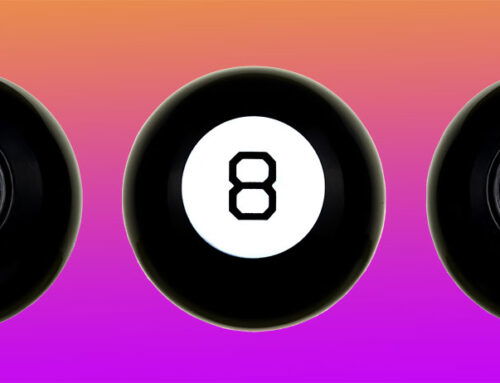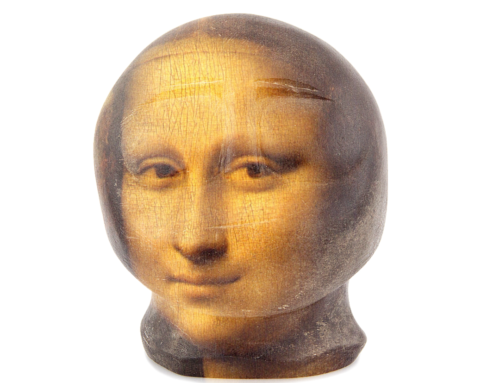Some disgruntled spectators booed when King, a wire fox terrier, was anointed the best-in-show at the 143rd Westminster Kennel Club Dog Show. King is a magnificent dog – a dazzling beauty and the Number 1 ranked terrier last year. Why would anyone be upset to deny King this deserved title?
The problem isn’t King’s qualification. He’s qualified. The problem is deeper, more general and invasive, raising concerns that affect all of us all the time: the problem is our programmed minds.
Let me explain. Terrier breeds have won best-in-show at the Westminster Dog Show 47 times! That’s one out of every three shows. Among the terriers, wire fox terriers have won the exulted title fifteen times. King triumphed this year among six finalists, three of which were breeds that have never worn King’s crown: Burns, a longhaired dachshund; Bono, a Havanese; and Baby Lars, a Bouvier des Flandres.
How is it possible that so many terriers exhibit the signs of “perfection,” while the other breeds have so many imperfections? What’s the story here? What’s “perfection” anyway? Wouldn’t every breed have a similar percentage of dogs with a “perfect” set of characteristics for that breed as established by the American Kennel Club? If not, what’s the sense of competing an army of so-called “perfect” dogs – terriers – against an array of “imperfect” dogs – the other breeds?
Back to the Westminster Show. The best-in-show judge, Peter Green, who has been the best-in-show judge numerous times, is well known for his work with terriers.
No wonder the boos.
There’s more. Colton, a schipperke breed (I never heard of it) and first-time winner for that breed of the non-sporting group, was disqualified from the finals because the handler, Crisrta Cook, said that one of the owners had a previous (distant) relationship with best-in-show judge, Peter Green. Wait a minute. A terrier expert picks a terrier as winner, but a schipperke breed is excluded from the competition because the owner knows the judge?
Okay, I know next to nothing about dog shows or its politics, but still…
Consider the world we live in. President Donald Trump’s children are his principle advisors. Apparently, there’s no problem there, but for a dog show – oh my god – what incest, what scandal, what corruption! An owner of a competing breed has had some (unrevealed) relationship with the judge (who picks his beloved terriers once again as the winner). I might add, what a slap in the face to the judge, seemingly suspected of being unable to judge fairly – all in the guise to remain squeaky clean of foul play.
Never mind the dog show. It’s all entertainment and, obviously, subjective. We’re used to that, for example, Oscars or Nobel Prizes, major sources of our celebrities and heroes. No prize, obscurity. Come to think about it, I find it at best unsatisfying that our highest awards, the most acclaimed successes, are decided subjectively by a small group of critics, which I presume are rarely unanimous in their opinion.
The predominance of terriers as best-in-show winners suggests to me that much of our thoughts and behavior are programmed. Trends and previous beliefs tend to become habitual and predictable. No dog show lover will contest the “perfection” of a terrier, a sure bet for best-in-show. But a dachshund (my favorite for this Westminster Show) or schipperke is another matter. It’s impressive that political votes in Congress or judicial votes in the Supreme Court are predictably along party or ideological line, despite that each issue has its complexity and inconsistencies. Even scientists have difficulty overturning their evidence-based opinions, since so much depends on interpretation, which becomes subjective, often self-serving, and joins the programmed thinking of the individual.
So, what’s this all amount to? The system won’t change. But perhaps it’s wise, hard as it might be at times, to consider that our opinions or votes are part of our “program,” and there’s no shame in recognizing that in ourselves.






Leave A Comment